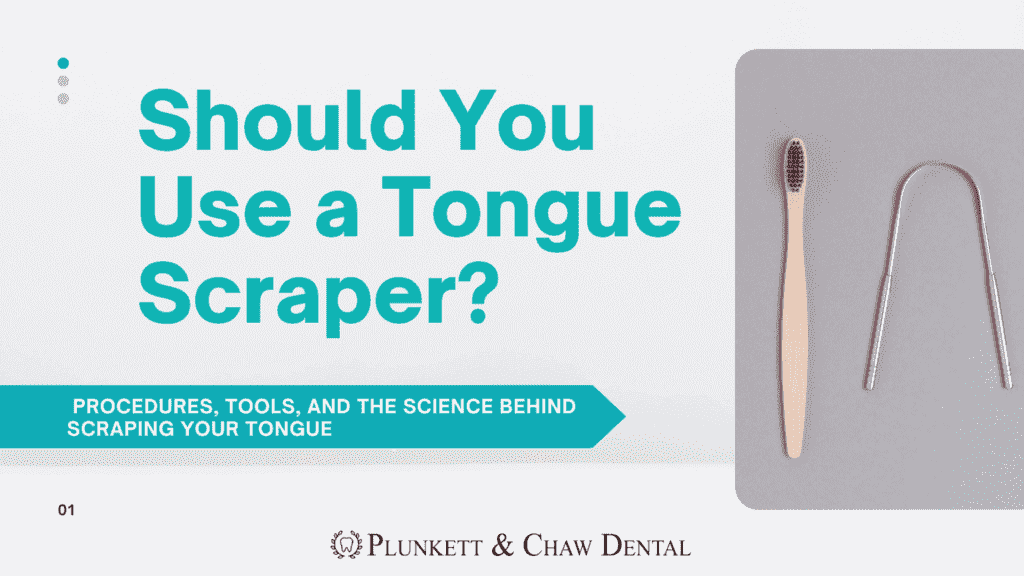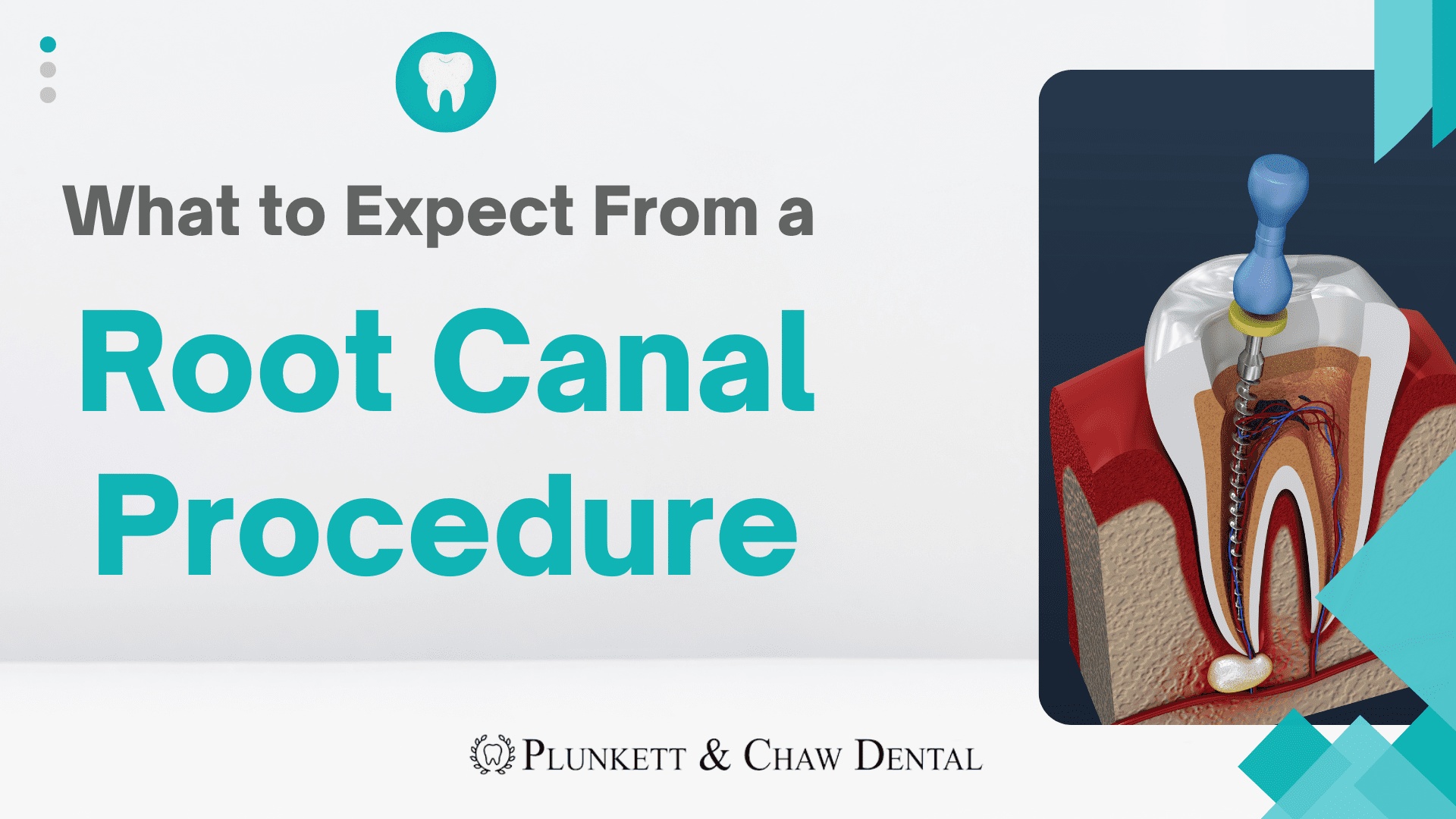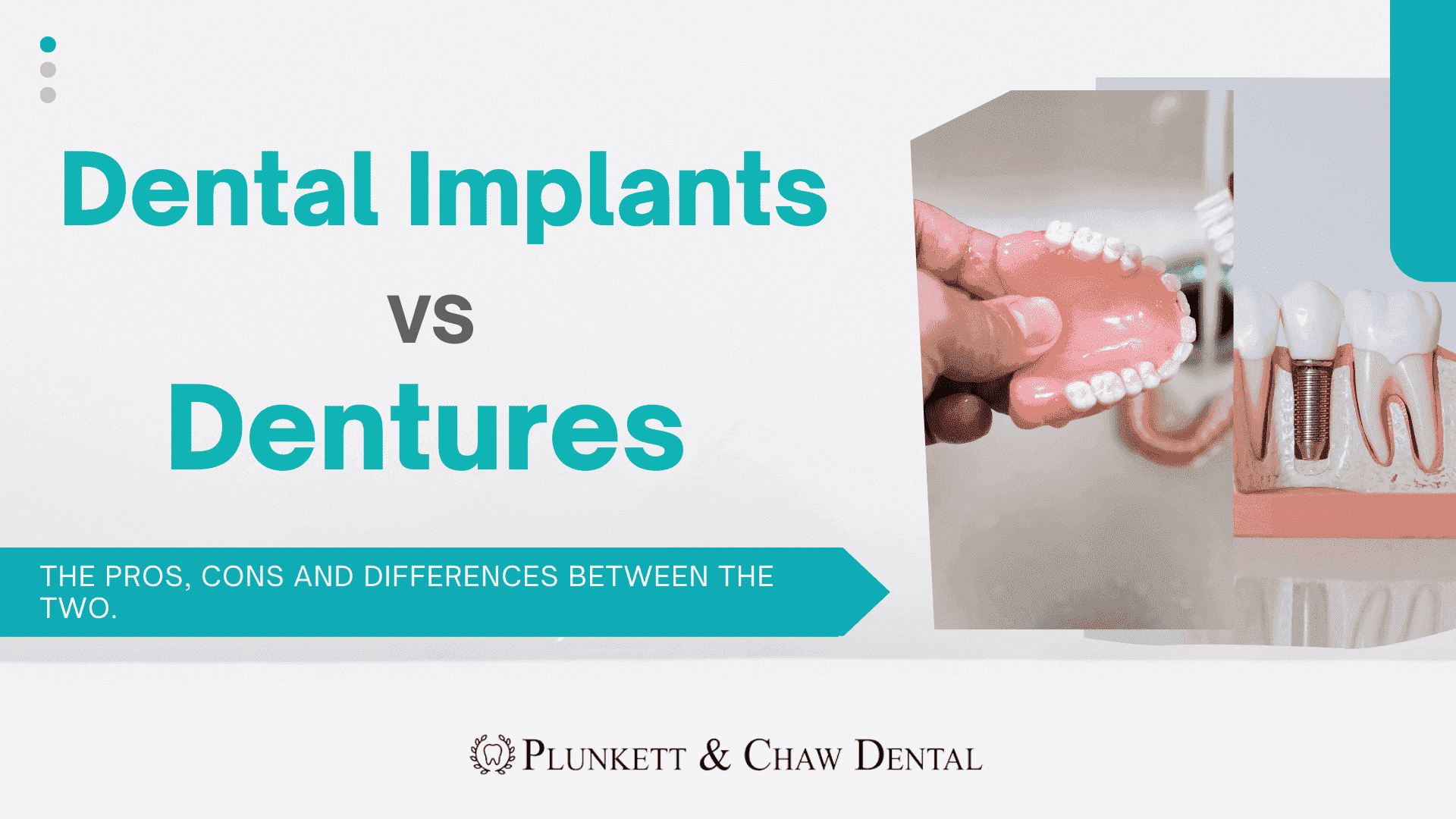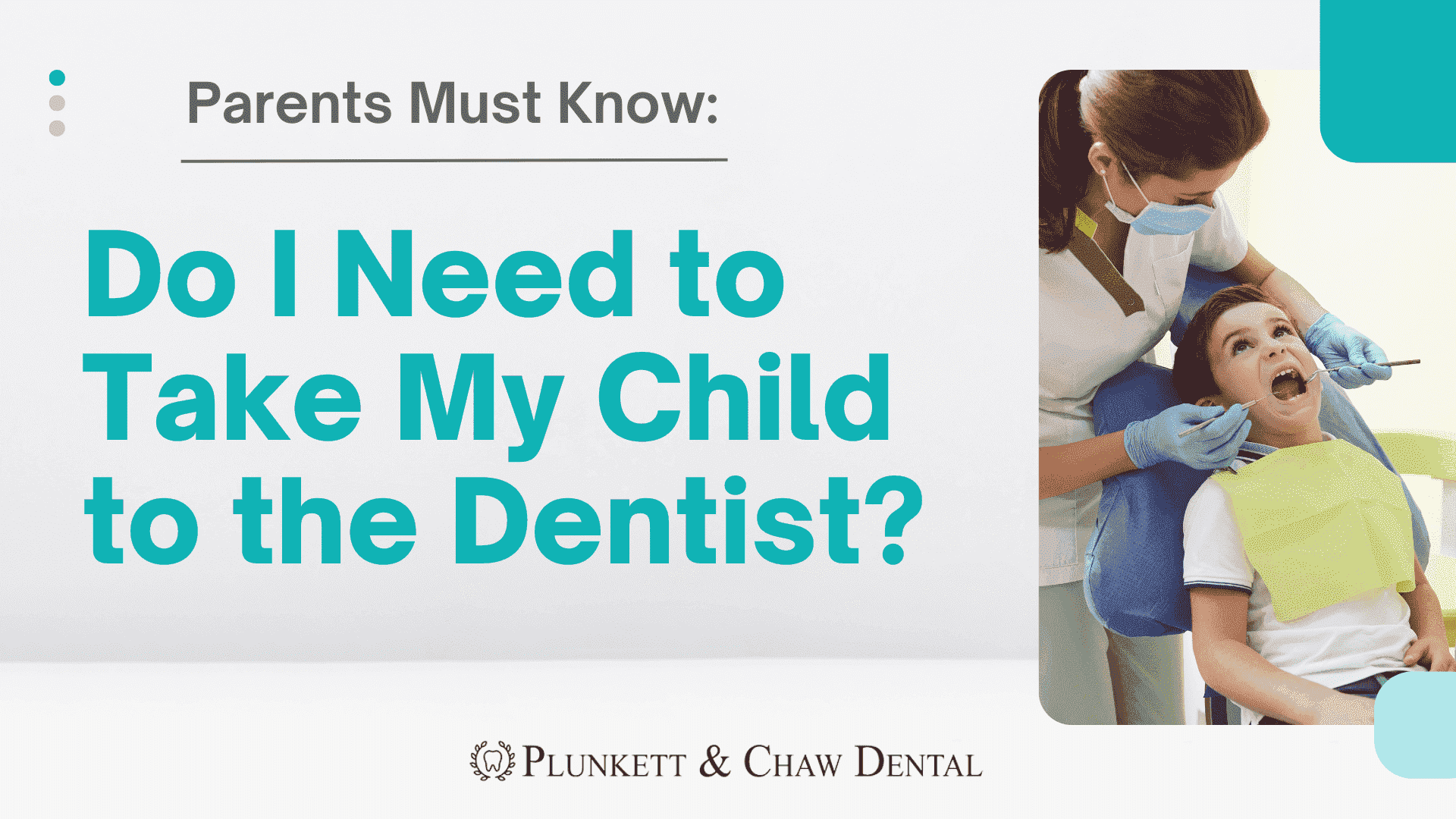
What Benefits Does a Tongue Scraper or tongue Cleaner Provide?
Among the list of nightly dental care our dentists recommend? You get the same general answers every time: brush your teeth, floss your teeth and gums and use mouthwash (check these other helpful pages to learn about the best way to bush your teeth and the correct way to floss your teeth plus ways to keep your gums healthy). But there’s one part of the mouth that’s often left out: the tongue.
Without proper care, your tongue can be a breeding ground for bacteria and infection. But other than the general brushing and mouthwash, what is there to be done?
As it turns out, a lot.
We queried four dentists about tongue scraping to find out the best tools and procedures and to learn the science behind the benefits. Here’s what we found:
What is a Tongue Scraper?
The phrase “tongue scraper” is pretty self-explanatory; it’s a tool one can use to scrape the excess plaque and bacteria off their tongue. Scraping the tongue is said to help remove toxins from the mouth, thereby keeping them from being swallowed, digested, and processed negatively by your body.
How does a tongue scraper work?
The science behind it is simple: a buildup of bacteria, debris, and dead cells coats your tongue and results in negative side effects like accelerated tooth decay, gum damage, and bad breath. Your tongue scraper helps you eliminate these materials, leaving you with a healthier, cleaner mouth.
What Are the Benefits of Using a Tongue Scraper?
Tongue scrapers are excellent at eliminating bad breath and stimulating a consistent, fresh feeling in your mouth. According to Dr. Brian Harris, lead medical advisor, one of the most common causes of bad breath is trapped food particulates, dead skin cells, and bacteria that live and thrive on the tongue.
According to Dr. Harris, “Cleaning the tongue with a tongue scraper should be an important part of your oral care routine. After you’ve brushed your tongue, you’ll be amazed at what you can still remove with a tongue scraper.”
Furthermore, Dr. Marc Lowenburg, a New York City cosmetic dentist, recommends tongue scrapings as an integral component of a comprehensive oral hygiene regimen. He argues that brushing, flossing, rinsing, and tongue scraping should all be done to maintain good oral health. Tongue scraping can also help create a healthier mouth environment by decreasing the number of microbes living in the oral cavity and thereby reducing gum inflammation.
Doctors Haleh Abivardi and Golnar Abivardi, founders of Vvardis, agree that scraping helps restore oral and general health by removing harmful bacteria from the mouth. The Abivardis say that using a tongue scraper can help keep your palate and taste buds clean, leading to enhanced taste.
How to Clean Your Tongue Using a Tongue Cleaner
Luckily, using a tongue scraper is relatively simple and will only add another minute to your normal dental routine. Plus, you only need a bit of gentle pressure for it to be effective. In short, the no pain, no gain mantra doesn’t apply here.
To get started, our dentists recommend using a mirror to get a good idea of the area that needs to be cleaned. Then, starting at the back of your tongue, place the scraper on your tongue and apply gentle pressure as you drag it forward.
Continue doing this for up to ten passes from back to front, being sure to rinse the scraper between each pass. “When you’re finished, your tongue should no longer have a coating,” Lowenburg says.
The Abivardis also recommend keeping a mouth spray, such as the Vvardis Sils Mouth Spray, on hand if you still have bad breath throughout the day. This helps to treat any leftover bad bacteria and preserve your teeth’s natural enamel.
How Frequently Should You Scrape Your Tongue?
Our dentists suggest scraping your tongue daily as part of your morning dental care routine. This is because, during sleep, dental activity continues and the flow of saliva decreases. As this happens, leftover food particles help bacteria to build and contribute to morning breath.
Brushing and flossing regularly helps to curb this bacteria multiplication, but tongue scraping in the morning really sets the stage for you to have a healthy mouth all day long.
How to Choose the Best Tongue Scraper for You
While any kind of tongue scraper is better than none at all, there are certain products that are more beneficial than others. Because of this, finding an effective, long-lasting and comfortable tongue scraper is imperative.
Tongue scrapers come in many different shapes, sizes, and materials. They usually include two handles or a loop that connects to a single wand. Most also come in either plastic or various metals.
For most family dentists (ours included), metal is definitely the way to go. Both medical-grade steel and copper are great choices, as both have the ability to be thoroughly sanitized. With plastic, sanitation is significantly harder because of the material’s fragility and often porous surface.
Dr. Harris says that you should make sure you use a tongue cleaner that is properly designed, avoiding those that have sharp edges that could cause cuts or abrasions to further serve as bacterial breeding grounds. A properly designed tongue scraper should be able to clean the tongue’s various fissures and crevices without causing damage or pain.
Additionally, you should seek a scarper that is able to cover your tongue’s entire width between the two ends of the metal loop. Not only does this make it simpler and easier for you to use, but it also ensures you don’t miss any areas as you clean. Something like this product from Walmart is exactly what you should be shooting for.
“The purpose is to make one or two tongue strokes and be finished,” Harris says. “Less scraping and more cleansing is what we want.”
And remember, more expensive does not always equal better.
Source References:
Dr. Brian Harris: https://drbrianharris.com
Dr. Marc Lowenburg: https://www.lowenberglituchykantor.com
Doctors Haleh Abivardi and Golnar Abivardi: https://www.vvardis.com




